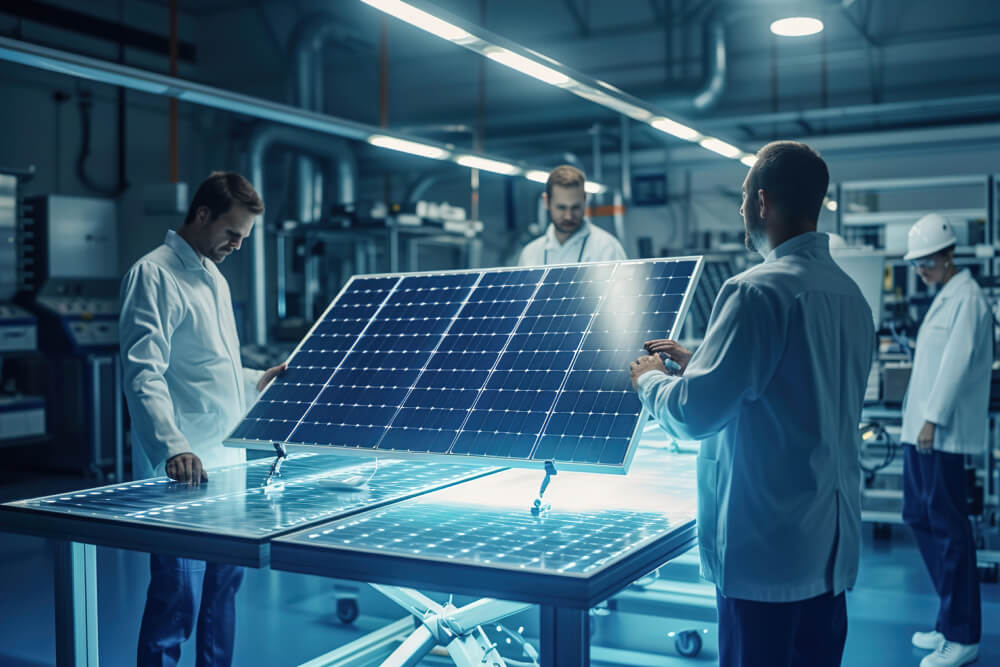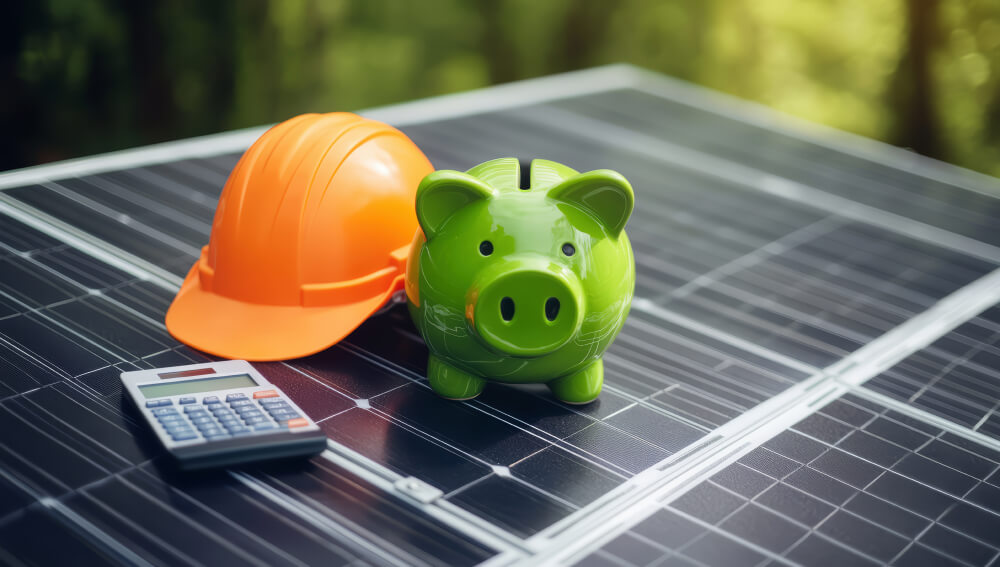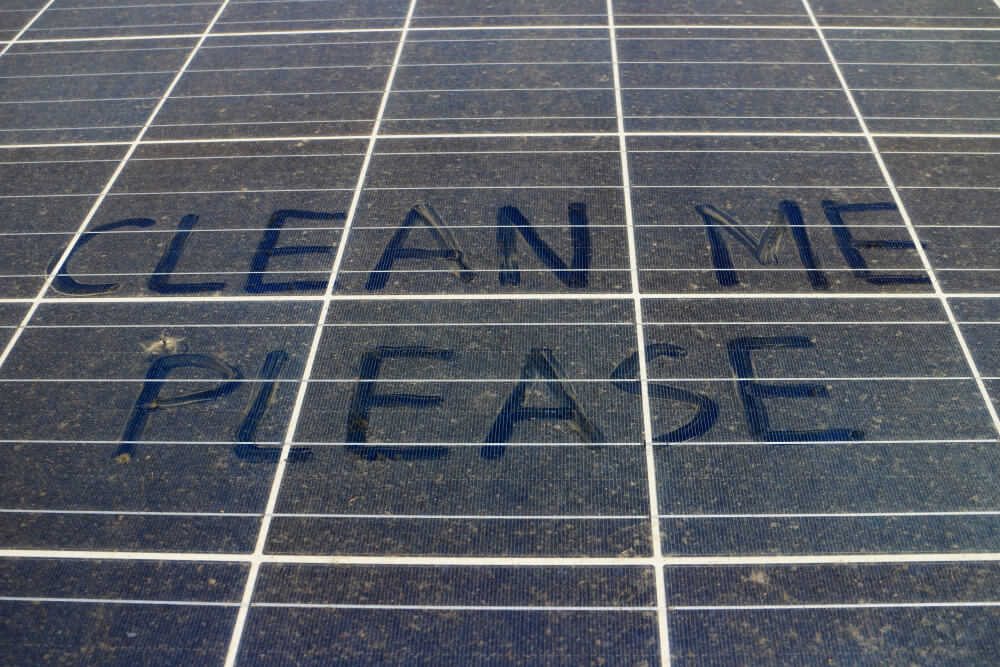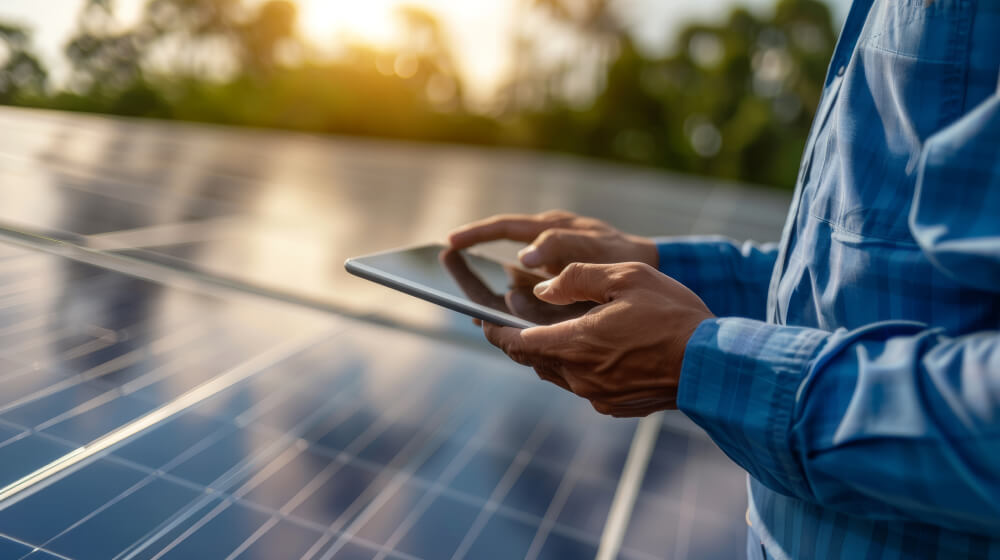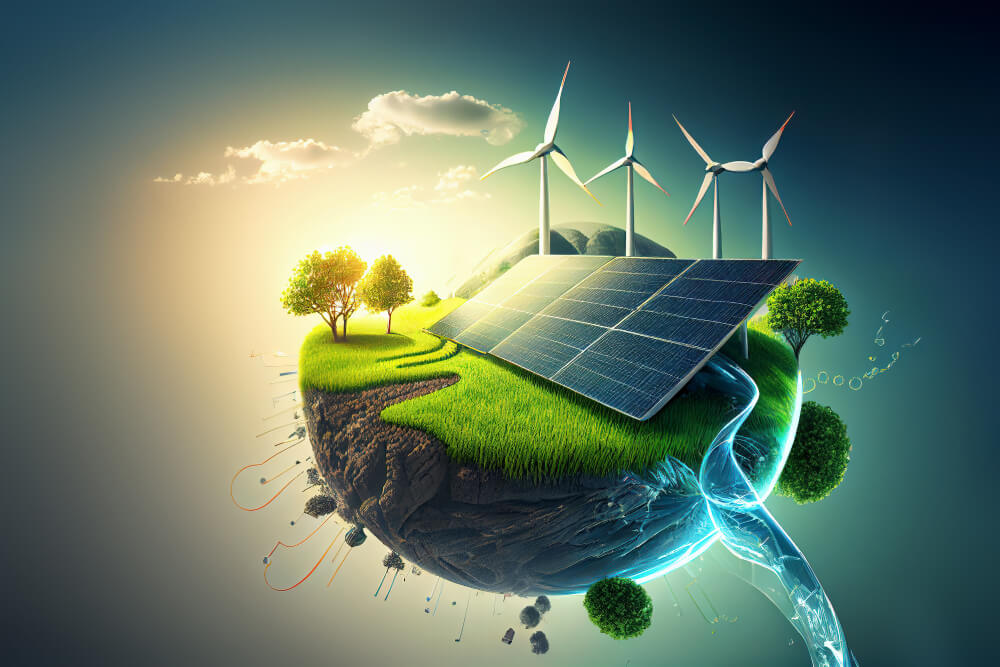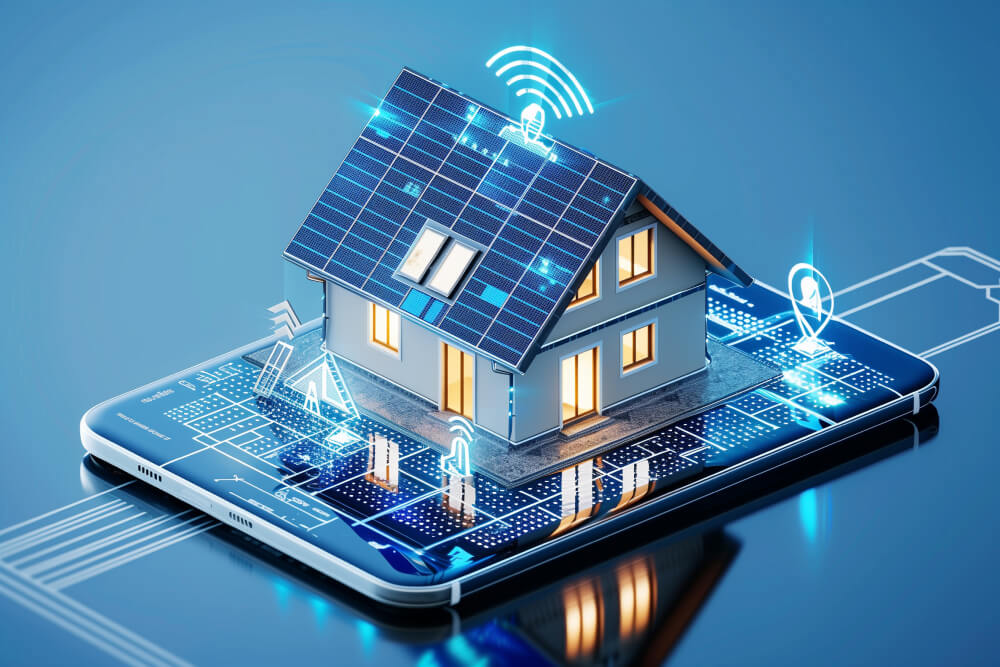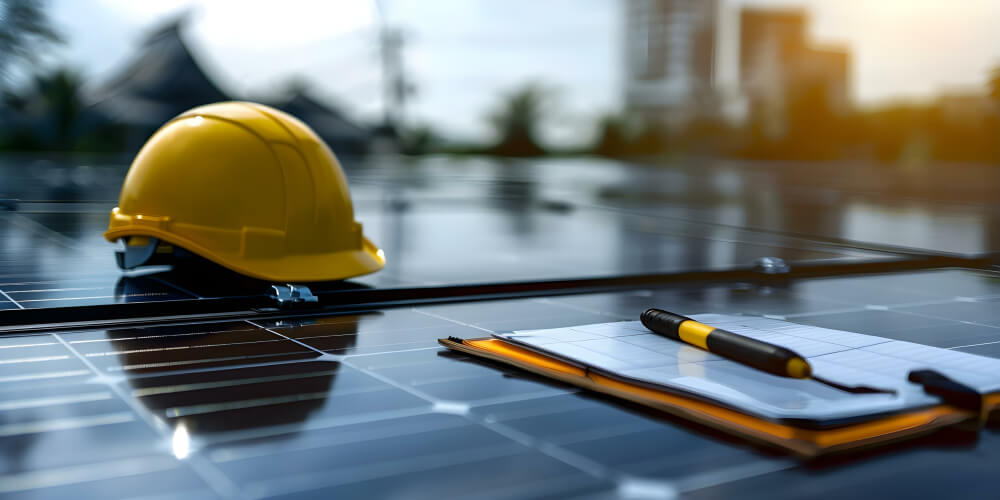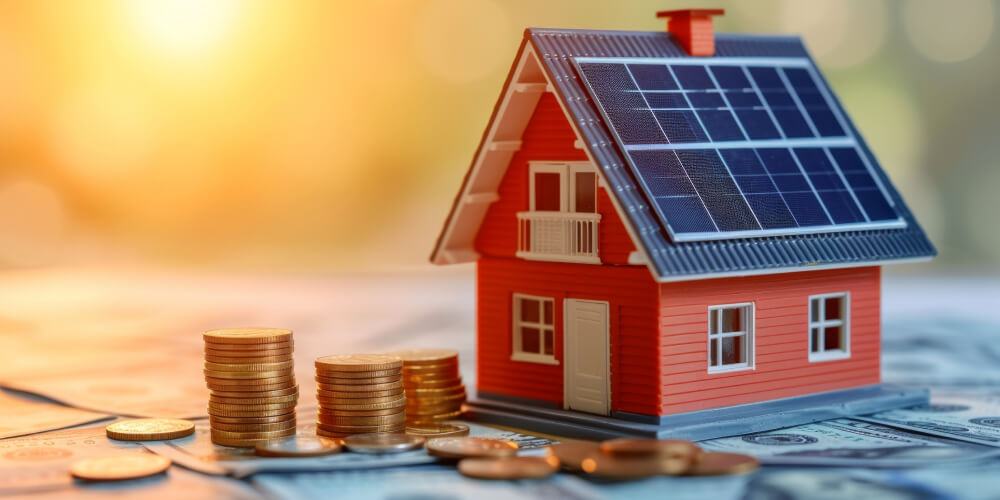Myth 1: Solar Panels Don’t Work in Cloudy or Cold Climates
Fact: Solar panels can still generate electricity in cloudy and cold climates.
Solar panels rely on sunlight to produce electricity, but they don’t need direct sunlight to function. They can still generate power on cloudy days, albeit at a reduced efficiency. In fact, solar panels can be more efficient in cooler temperatures because excessive heat can reduce their performance. Countries like Germany, which has a relatively cloudy climate, are among the world leaders in solar energy production.
Myth 2: Solar Panels Are Too Expensive
Fact: The cost of solar panels has significantly decreased over the past decade.
While solar panels used to be prohibitively expensive, advancements in technology and increased production have led to substantial price drops. Additionally, various financial incentives such as federal tax credits, state rebates, and utility programs can significantly reduce the upfront cost. Over time, the savings on electricity bills can offset the initial investment, making solar energy a cost-effective option for many homeowners.
Myth 3: Solar Panels Require Constant Maintenance
Fact: Solar panels require minimal maintenance.
One of the advantages of solar panels is their low maintenance requirements. Most panels only need occasional cleaning to remove dirt and debris that could block sunlight. Regular inspections and professional maintenance checks every few years can help ensure the system operates efficiently. With few moving parts, solar panels are durable and designed to last for 25-30 years or more with minimal upkeep.
Join HICP Homeowner’s Alliance
Connect with experts, get special discounts and enjoy member benefits
Myth 4: Solar Energy Isn’t Reliable
Fact: Solar energy is a reliable and consistent source of power.
Solar panels have no moving parts, which means they have fewer points of failure compared to other energy systems. With proper installation and maintenance, solar panels can reliably produce electricity for decades. While solar energy production varies with weather conditions, modern systems often include battery storage or are connected to the grid, ensuring a consistent power supply even when the sun isn’t shining.
Myth 5: Solar Panels Are Bad for the Environment
Fact: Solar panels are an environmentally friendly energy source.
Producing solar panels does have an environmental impact, particularly in terms of energy use and materials. However, the overall environmental benefits of solar energy far outweigh these initial impacts. Solar panels generate clean, renewable energy, reducing greenhouse gas emissions and dependence on fossil fuels. Over their lifespan, solar panels can offset many times the energy used to produce them.
Myth 6: Solar Panels Will Damage My Roof
Fact: Properly installed solar panels do not damage your roof.
When installed correctly, solar panels can actually protect the portion of the roof they cover from weather-related wear and tear. Professional installers use mounting systems that securely attach panels without causing damage. Additionally, most reputable installers provide warranties that cover any potential roof damage resulting from the installation process.
Myth 7: Solar Energy Is Only for the Rich
Fact: Solar energy is becoming increasingly accessible to a wider range of homeowners.
While early adopters of solar technology tended to be wealthier, the significant reduction in costs and the availability of financing options have made solar energy more accessible. Programs such as solar loans, leases, and power purchase agreements (PPAs) allow homeowners to install solar panels with little to no upfront cost, making solar energy an option for many budget-conscious families.
Myth 8: Solar Panels Don’t Work in the Winter
Fact: Solar panels can still produce electricity during the winter months.
Solar panels can generate electricity as long as they receive sunlight, even in winter. Snow can sometimes enhance solar panel performance by reflecting additional light onto the panels. However, heavy snow accumulation can temporarily reduce efficiency, which can be mitigated by regular snow removal. Cold temperatures can also improve panel efficiency, as excessive heat can decrease their performance.
Myth 9: Solar Panels Are Inefficient
Fact: Solar panel efficiency has improved significantly over the years.
Modern solar panels are much more efficient than earlier models, with some achieving efficiency rates of over 20%. While no energy system is 100% efficient, solar panels have become increasingly effective at converting sunlight into electricity. Innovations in solar technology continue to improve efficiency, making solar energy a viable option for more homeowners.
Myth 10: Installing Solar Panels Is Complicated
Fact: Professional solar installers make the process straightforward and hassle-free.
While the technical aspects of solar installation can be complex, professional solar companies handle the entire process, from initial assessment and design to permitting and installation. Homeowners typically need to provide basic information about their energy use and property, while the installers take care of the rest, ensuring a smooth and efficient installation process.
Myth 11: Solar Energy Will Make My Home Look Ugly
Fact: Solar panels can be aesthetically pleasing and even increase home value.
Advancements in solar panel design have led to sleeker, more aesthetically pleasing options. Panels can be integrated into roof designs or even used as roofing materials with solar shingles. Additionally, studies have shown that homes with solar panels often sell for a premium, as buyers are attracted to the potential energy savings and environmental benefits.
Myth 12: Solar Panels Don’t Last Long
Fact: Solar panels are built to last and come with long warranties.
Most solar panels come with warranties of 25 years or more, reflecting their durability and long lifespan. While their efficiency may slightly decrease over time, panels typically continue to produce electricity for many decades. Proper maintenance can further extend their operational life, ensuring a good return on investment.
ConclusionSolar energy is a reliable, cost-effective, and environmentally friendly option for homeowners. By debunking these common myths, we hope to provide accurate information and encourage more homeowners to consider the benefits of solar energy. With the right knowledge and professional support, you can make an informed decision and enjoy the numerous advantages of harnessing solar power for your home.

